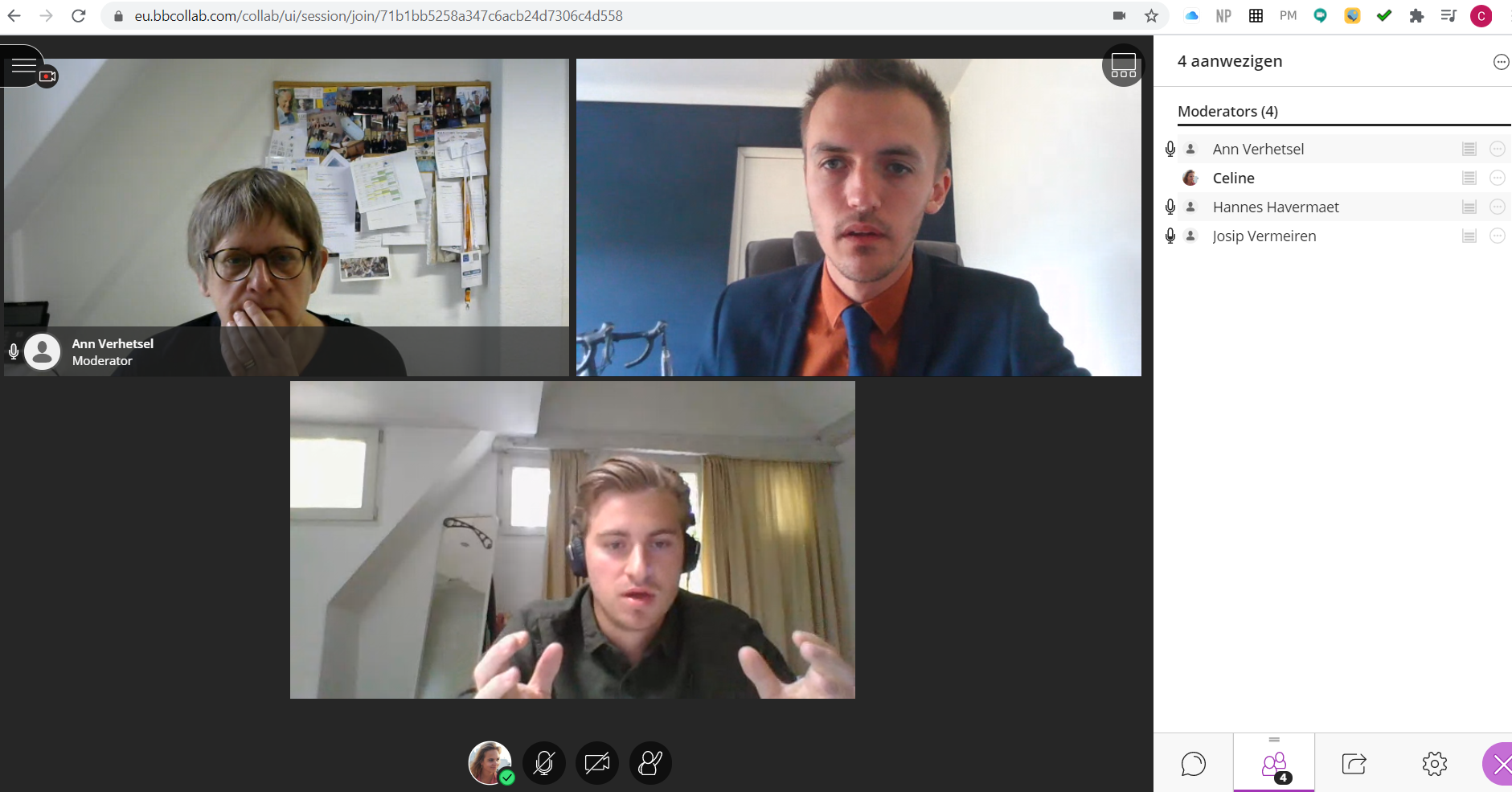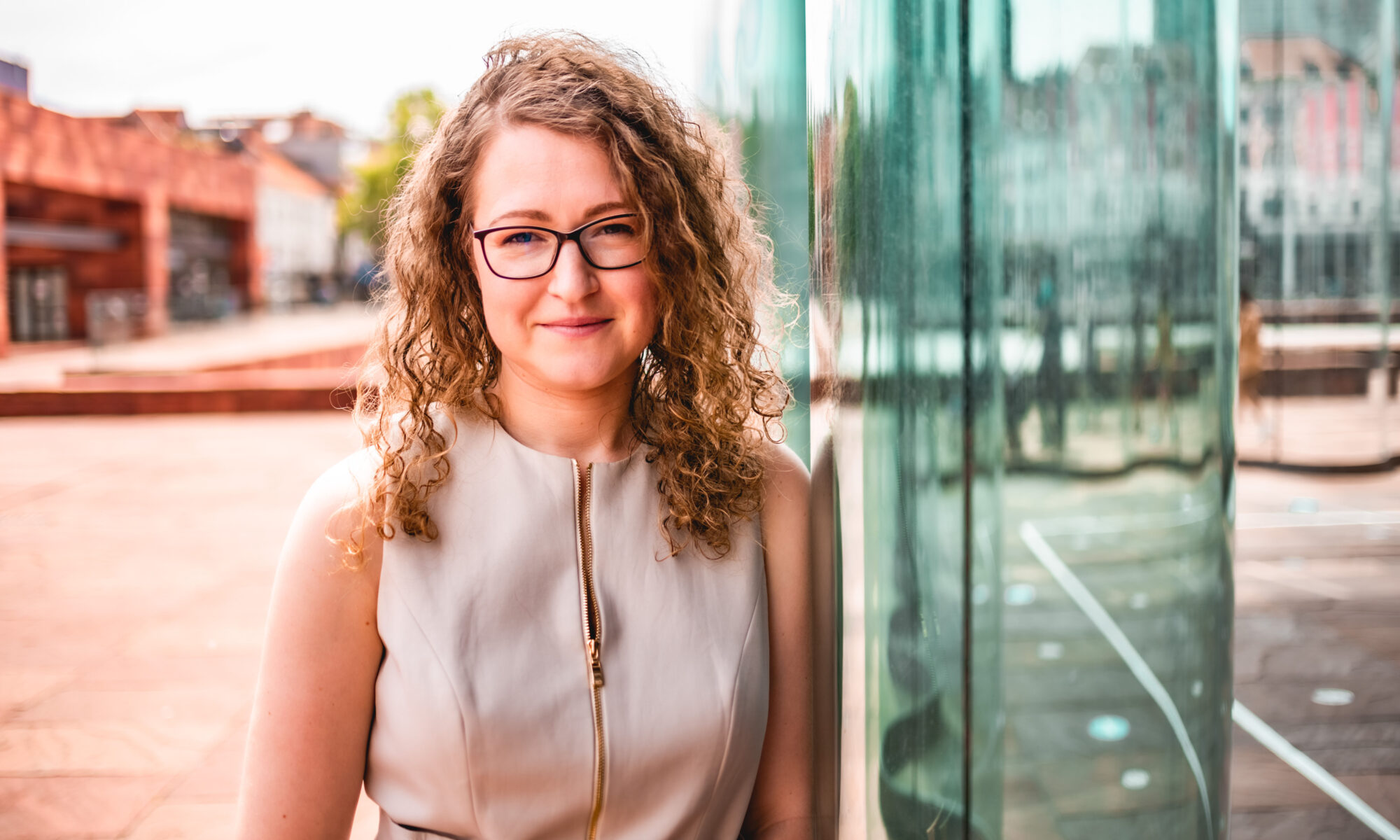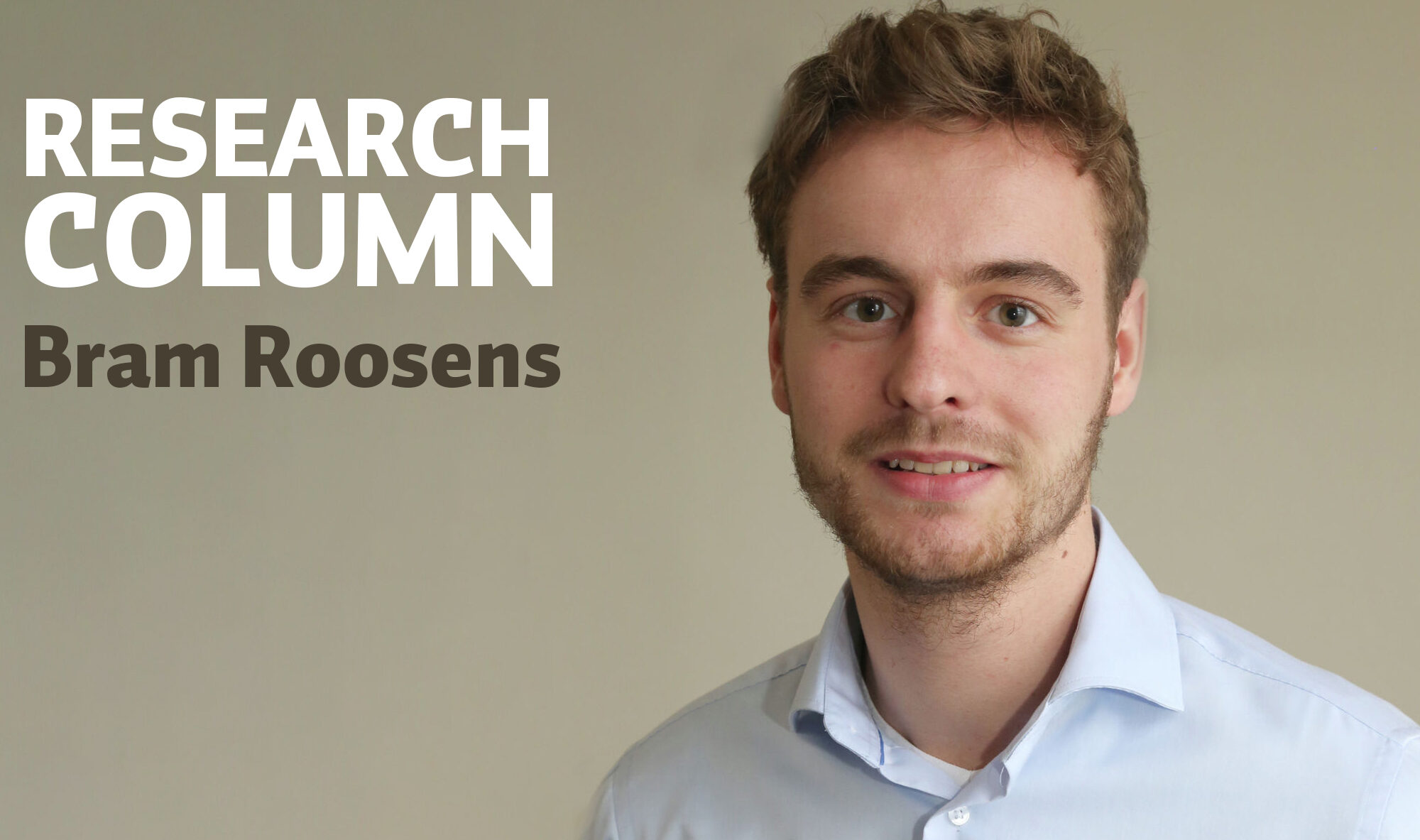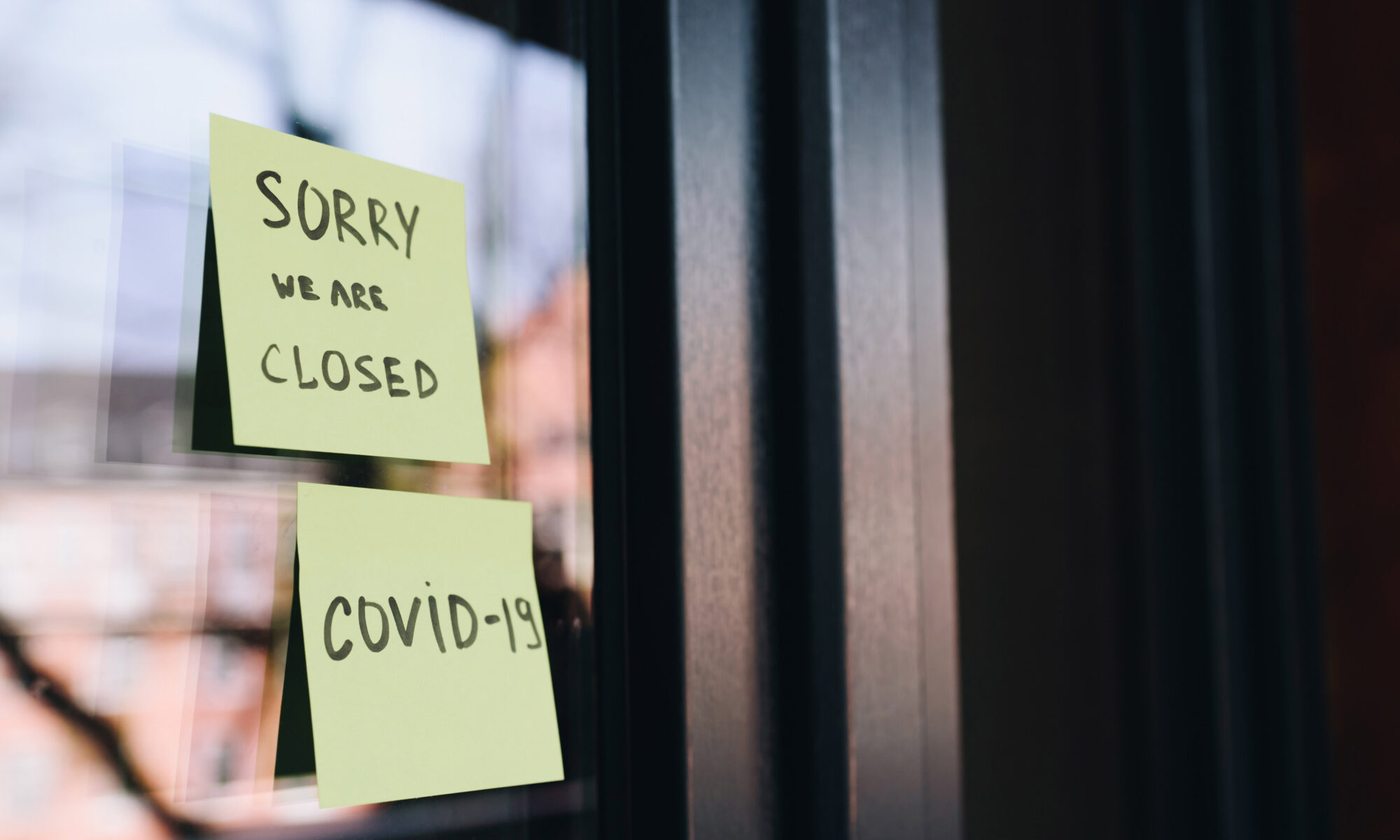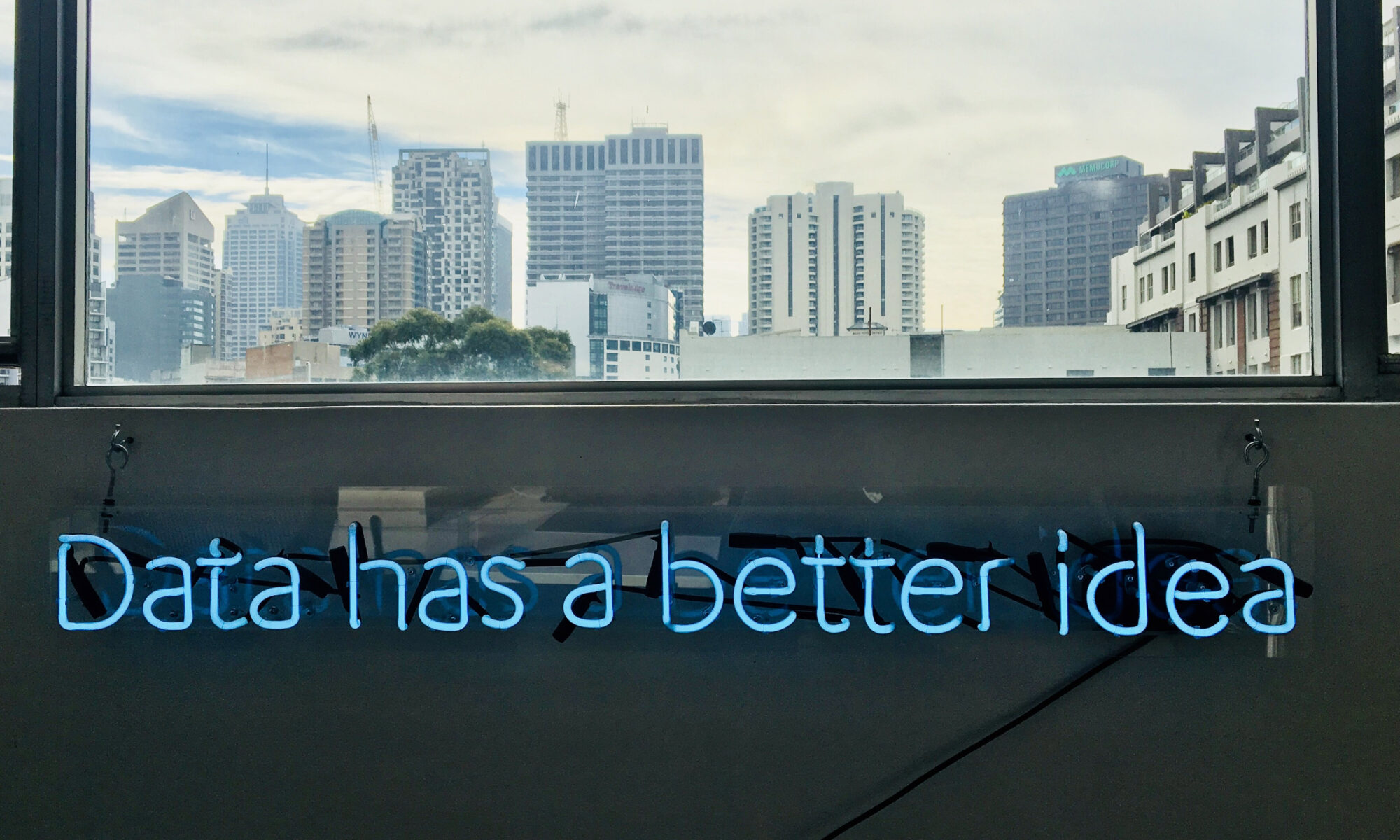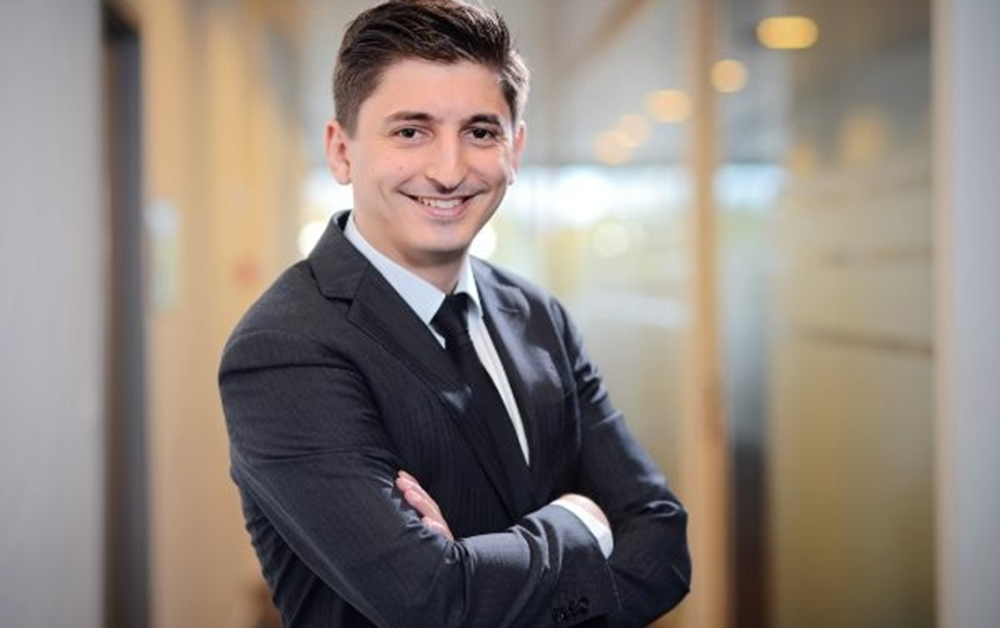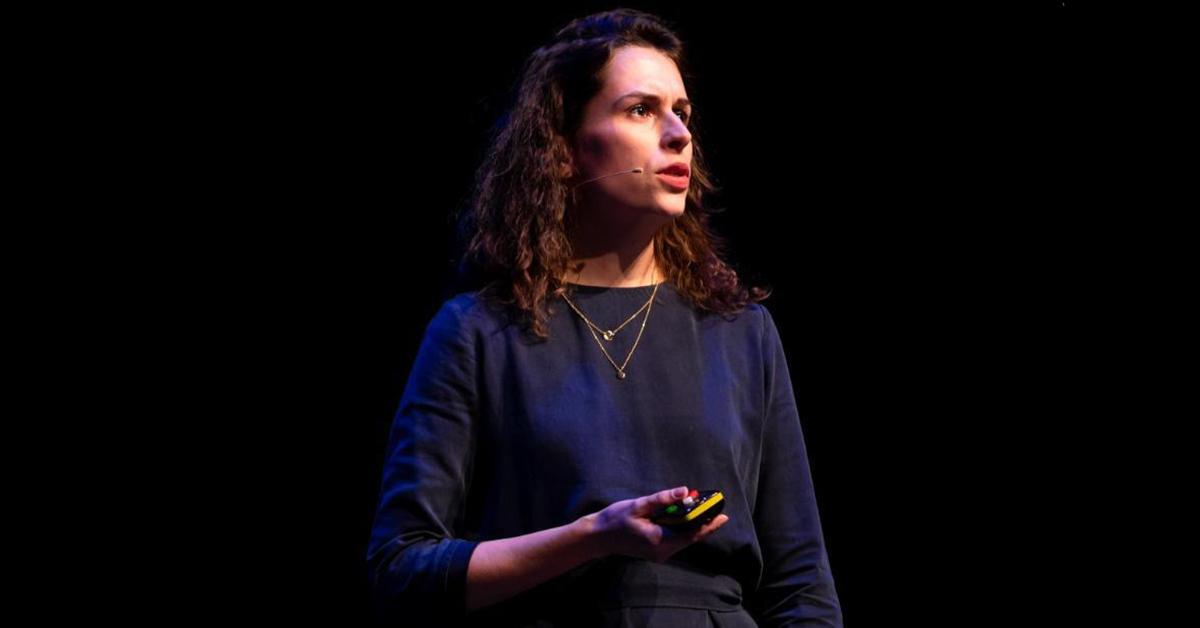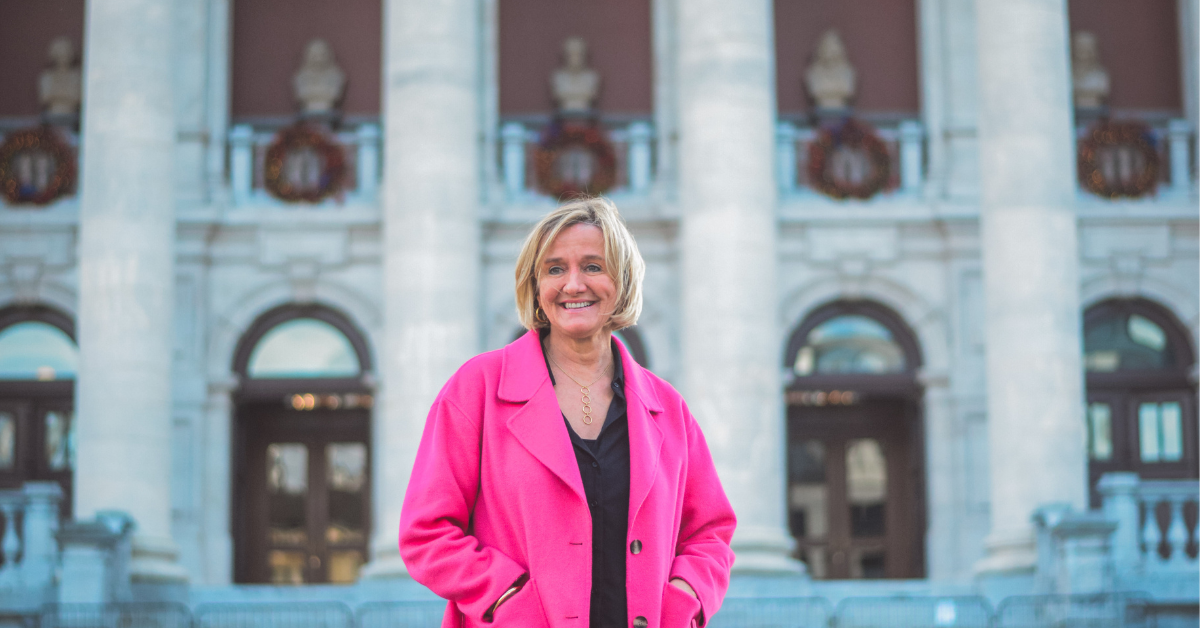The University of Antwerp, and higher education in general, had to get creative due to the pandemic. For the first time ever, the Master’s thesis defenses were held online instead of on campus in front a small jury. The Department of Transport and Regional Economics went one step further and made good use of the opportunity by opening the defenses up to the public.
Filter
Mirella Lancz obtained a Master in Business Economics, and is currently working as a Marketing Specialist at DSV, one of the leading global transport and logistics companies. As part of the Business Development team, she is responsible for marketing and involved in all commercial areas. We asked her about her career path after her studies, and how she coped with the corona crisis.
When Bram Roosens started his PhD back in 2014, he had no clue that he would end up where he is today. He decided to write a little piece on how cultivating a curious, serendipitous mindset has helped him throughout his PhD.
As so many others, the culture sector did not escape the impact of the corona virus either. Concerts got canceled, museums closed their doors. The sector reacted quickly and switched to online alternatives. As a result, Prof. dr. Dr Annick Schramme and Nathalie Verboven took part in setting up a large-scale public survey to discover the impact of the crisis on the cultural experience. Will the Flemish people return to the theaters, or is the online alternative here to stay?
Can a fiscal stimulus help bring back jobs for those struck by the Covid-19 recession? Research by Roland Winker (University of Antwerp), Christian Bredemeier and Falko Juessen (University of Wuppertal) indicates that it depends on how the stimulus is designed. A cut in the tax rate on labor income performs best in stimulating job creation for those who have borne the brunt of job losses.
More than a decade ago, a paper was published showing that oxytocin, a hormone which is known for its role in childbirth and breastfeeding, increased men’s trusting behavior in an economic game. Carolyn Declerck, together with her team, tested if oxytocin increases trust in both an anonymous and a minimal social contact condition.
Shopping at online Chinese e-commerceplatformen such as AliExpress and Wish is hot, because it’s incredibly cheap. In the near future, this might come to an end. The game is changing, and this market too doesn’t escape the impact of the corona crisis. Roel Gevaers and Wouter Dewulf can tell us all about it.
Big Data generated by people provide enormous prediction value for Artificial Intelligent systems. However, explaining how these models use the data to make predictions is quite challenging. This Evidence Counterfactual explanation approach considers how a model would behave if it didn’t have the original set of data to work with.
SEW-alumnus Abdel Bouddount is HR Business Partner at Mediahuis, the Belgian media company behind newspapers as De Standaard and Gazet van Antwerpen. He shares some of his experiences working in the HR sector during the corona crisis.
Consumers are buying more goods online than ever due to the corona crisis. Several parcel and last mile couriers had to reduce their capacity for eCommerce stores, because people are not only ordering more, but also different kinds of products.
Linda Peters obtained her PhD in Applied Economics at the University of Antwerp. In 1 minute, she explains how she has demonstrated that Global Public Policy is a promising application for Real Options.
Alumna Marieke Versteeg-Cobussen is Innovation Coach and Project Manager at Greenhouse, an online marketing agency in Eindhoven. …
““We created a plan to further develop corporate social responsibility””
Most read
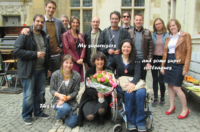 “You live in a house with a bunch of strongly opinionated roommates” | Loren Pauwels about her 7,5 year-long PhD journey
“You live in a house with a bunch of strongly opinionated roommates” | Loren Pauwels about her 7,5 year-long PhD journey 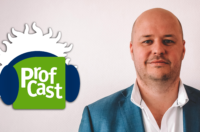 🎧 Edwin van Hassel: “Door efficiënter spullen bij de eindconsument te krijgen, wordt een haven concurrentiëler.” | Profcast #35
🎧 Edwin van Hassel: “Door efficiënter spullen bij de eindconsument te krijgen, wordt een haven concurrentiëler.” | Profcast #35  🎧 Annick Schramme: “Circulaire economie, digitalisering, … de mode-industrie staat aan de spits van heel wat vernieuwing.” | Profcast #9
🎧 Annick Schramme: “Circulaire economie, digitalisering, … de mode-industrie staat aan de spits van heel wat vernieuwing.” | Profcast #9 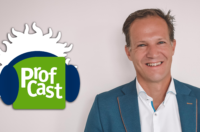 🎧 Steven De Haes: “We moeten niet de beste leiders van de wereld opleiden, maar de beste voor de wereld.” | Profcast #22
🎧 Steven De Haes: “We moeten niet de beste leiders van de wereld opleiden, maar de beste voor de wereld.” | Profcast #22


